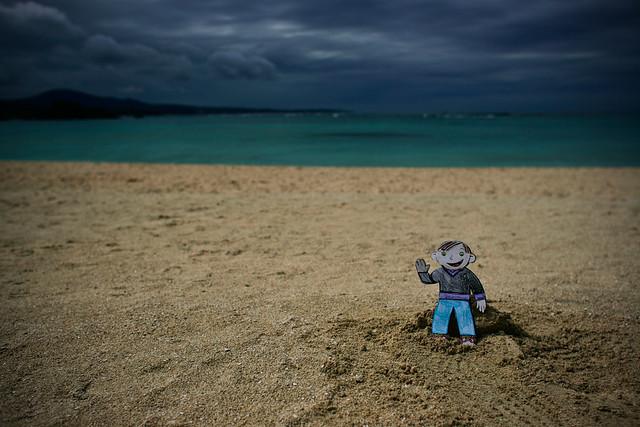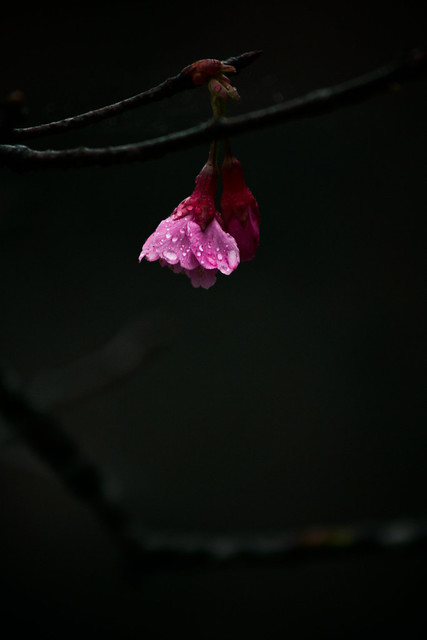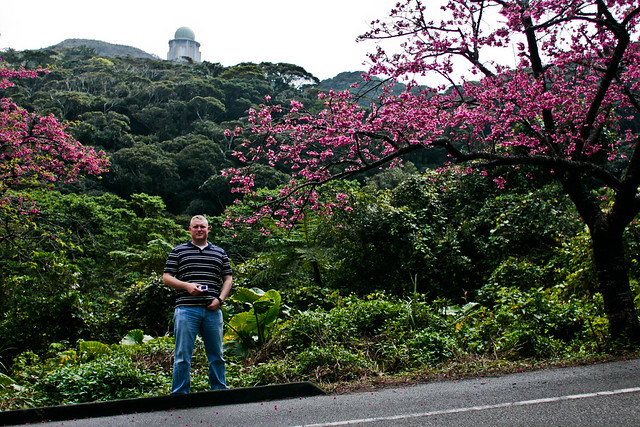Something that's bothered me for a while is why interchangeable lenses are considered such an advantage.
I mean, once you have a zoom lens, why would you ever need another lens? You can already get wide angle shots and telephoto shots, and everything in between.
I'm probably missing something big here... I have a feeling that I'm showing my newbie to you all. Reminds me of when I discovered that they sold $150 1080p cameras--and it took me weeks of research to find out why they weren't as good as the more expensive ones.
I mean, once you have a zoom lens, why would you ever need another lens? You can already get wide angle shots and telephoto shots, and everything in between.
I'm probably missing something big here... I have a feeling that I'm showing my newbie to you all. Reminds me of when I discovered that they sold $150 1080p cameras--and it took me weeks of research to find out why they weren't as good as the more expensive ones.


 Honestly, those Fujinon 2/3" lenses are ridiculously good considering the focal ranges they can cover. Counting the extender it's even more silly.
Honestly, those Fujinon 2/3" lenses are ridiculously good considering the focal ranges they can cover. Counting the extender it's even more silly.

